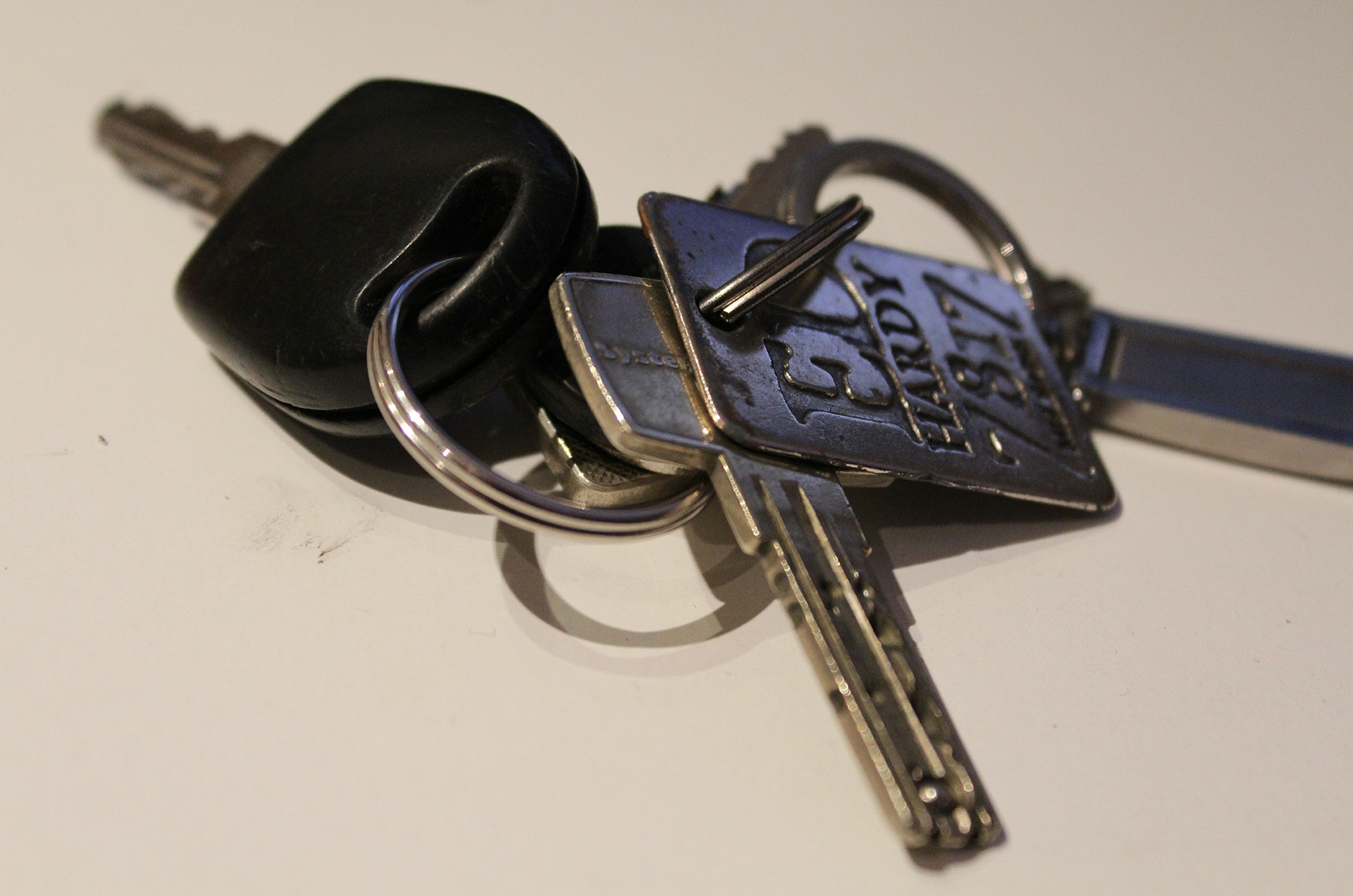
The British government has today announced that vehicle owners will be granted a six-month reprieve from MoT testing.
This means that all cars, vans and motorcycles which usually need an MoT test will be exempted from this, from 30 March.
However, the government underlines that bringing new laws into force takes time, so drivers whose cars’ MoTs expire before Monday 30 March, and who must use their car, will have to get it tested for it to be legal, and that if you’re self-isolating and suffering from coronavirus (COVID-19) symptoms, you should not take your car for an MoT.
If your car’s MoT expires in this window and you can’t take it to be tested, the Department for Transport is working with insurers and the police, so people aren’t unfairly penalised for events they can’t control.

Ensure your car is kept in good, roadworthy condition
It is important that all cars – classic or otherwise – are maintained in a roadworthy condition. Drivers can still be prosecuted and subject to a fine of up to £2500, be banned from driving and get three penalty points if they are on the road in a vehicle that’s unsafe.


